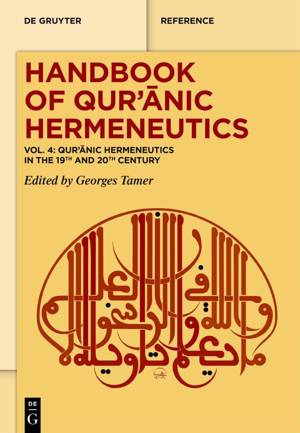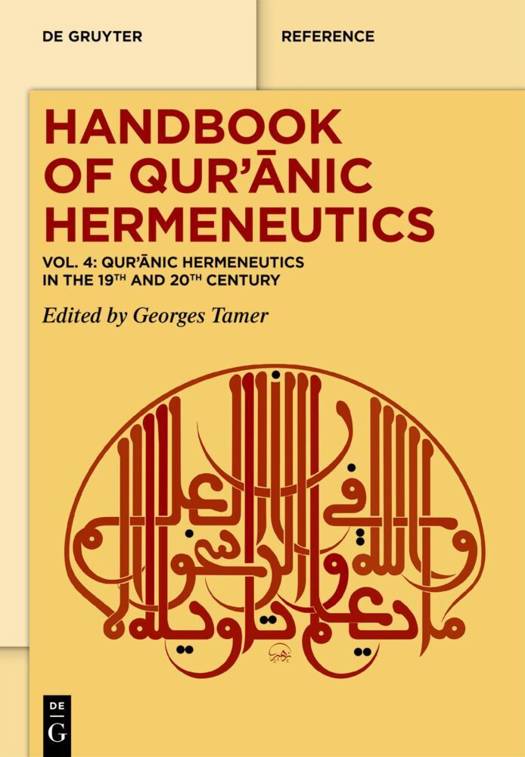
- Afhalen na 1 uur in een winkel met voorraad
- Gratis thuislevering in België vanaf € 30
- Ruim aanbod met 7 miljoen producten
- Afhalen na 1 uur in een winkel met voorraad
- Gratis thuislevering in België vanaf € 30
- Ruim aanbod met 7 miljoen producten
Qurʾānic Hermeneutics in the 19th and 20th Century
Omschrijving
The fourth volume of the groundbreaking Handbook of Qurʾānic Hermeneutics comprises 29 chapters dealing with the hermeneutical approach to the Qurʾān by Muslim authors of the 19th and 20th centuries. These authors had to deal with the changes and influences of modernity on Muslim society. Scientific progress and related developments in the natural sciences and humanities posed new questions and challenges to the traditional interpretation of the Qurʾān.
The confrontation with the colonial period also shaped the way of thinking of some of these authors and their hermeneutical work. This led them to a search for identity and a reassessment of their own traditions and beliefs. Authors in this volume reflect on these historical experiences in their interpretation of the Qurʾān.
The hermeneutical approaches to the Qurʾān in this volume are, thus, closely linked to the social, political, and intellectual conditions in which the authors have done their work. They represent a response to the challenges and changes of their time. By critically engaging with modernity, scientific progress, and the colonial legacy, these authors contributed to understanding and interpreting Islam in a new context.
Specificaties
Betrokkenen
- Uitgeverij:
Inhoud
- Aantal bladzijden:
- 469
- Taal:
- Engels
- Reeks:
Eigenschappen
- Productcode (EAN):
- 9783110581652
- Verschijningsdatum:
- 18/12/2023
- Uitvoering:
- Hardcover
- Formaat:
- Genaaid
- Afmetingen:
- 170 mm x 240 mm
- Gewicht:
- 911 g

Alleen bij Standaard Boekhandel
Beoordelingen
We publiceren alleen reviews die voldoen aan de voorwaarden voor reviews. Bekijk onze voorwaarden voor reviews.










